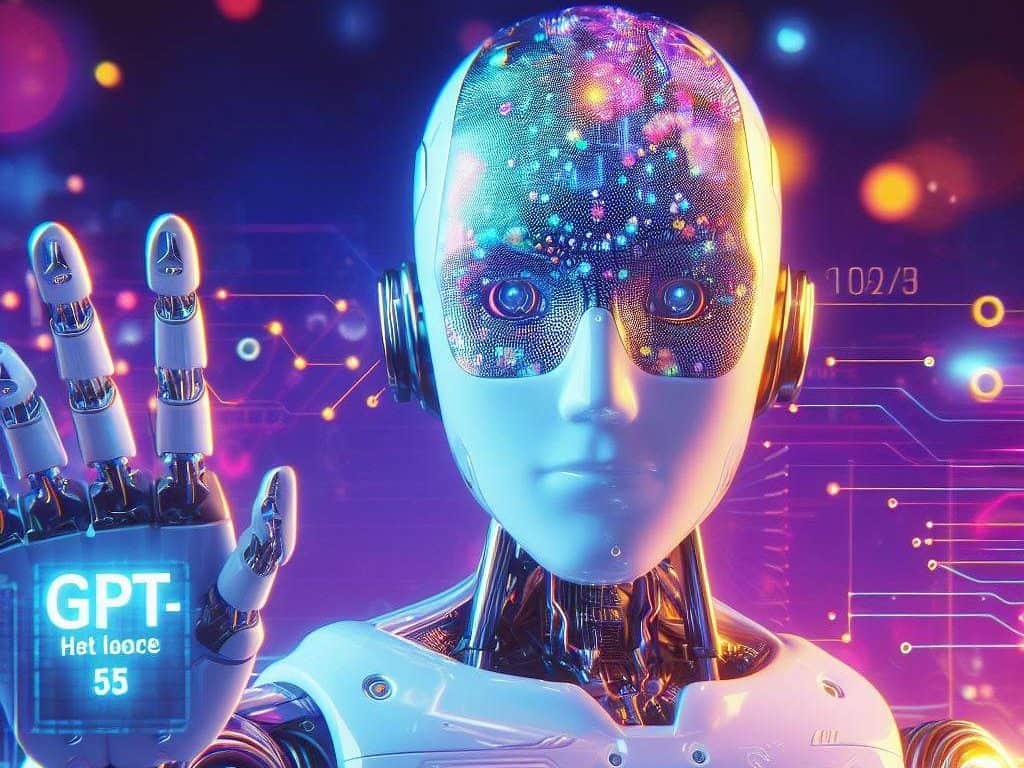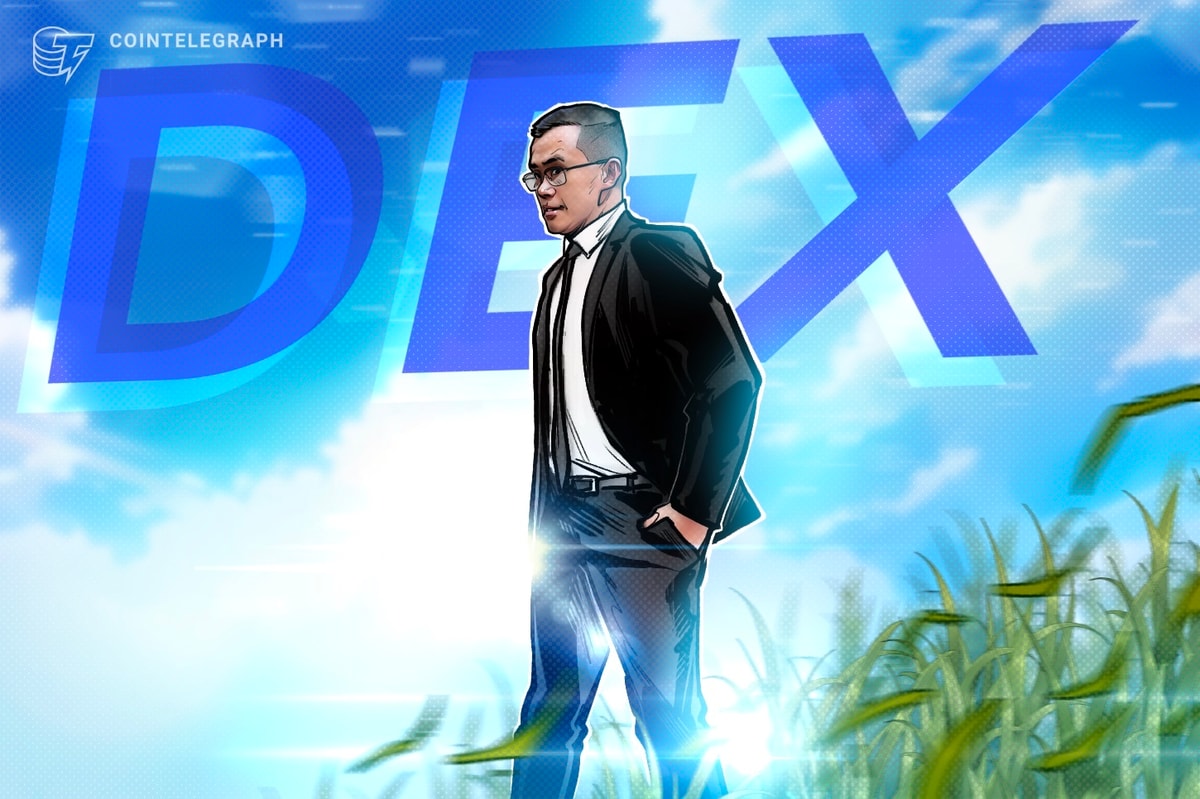

In a recent policy statement, prominent figures in the field of AI, including Bengio, Hinton, Russell, Harari, and Kahneman, have sounded the alarm on the rapid progress and growing societal risks associated with AI.

AI is developing quickly. GPT-2 couldn’t count from 0 to 100 four years ago, but modern models can write code, make amazing images, and offer intellectual guidance. And because we are in a race, progress can pick up even more speed. Furthermore, AI advances more quickly by, for instance, assisting in the programming of new systems and the gathering of data for their training.
Once progress hits human levels, there’s no reason to think it will slow down or stop. In certain regions, artificial systems have already outperformed humans in this regard, exhibiting capabilities such as faster processing speeds, greater data processing capacities, and large-scale scalability. Businesses possess the financial means to implement training programmes that far exceed the current cap.
The authors think that there is a good chance that a better AI generalist will emerge within the next ten years or so, surpassing human capabilities in many important domains.
What’s going to occur next? All lives can be improved if they are properly managed and distributed. The poorly chosen option entails significant risks for which we are ill-prepared. Rather than being allocated to safety and harm prevention, significant resources are being used to build AI systems that are ever more potent. This needs to change; pursuing skills by themselves is insufficient. And this process is taking longer than expected. We need to plan for higher risks before they arise by anticipating the escalation of current threats and the appearance of new ones. We don’t have the same amount of time for AI as it is taking decades to be accepted in relation to climate change.
Numerous risks at the societal level exist, including a rise in injustice, a deterioration of stability, and a deterioration of the common perception of reality. Here, terrorists and criminals are engaged in extensive activity. AI could become concentrated in the hands of a few number of players, leading to increased global inequality, facilitating automated warfare, mass manipulation that is tailored to each individual, and ubiquitous surveillance.
As autonomous AI becomes more sophisticated and is able to plan, act in the world, and achieve its objectives, these risks will only rise. These objectives might not be in our best interests and, in the case of bad actors, might even be detrimental. It’s currently unclear how to resolve the issue of AI Alignment, which involves matching AI behaviour with our intricate objectives. Furthermore, it is very simple to overlook safety precautions when racing with the intention of winning.
Regular software is difficult for humans to control, let alone sophisticated AI systems that are becoming increasingly adept at social engineering, hacking, deceit, and strategic planning. This is something that autonomous AI systems can pick up from people or create on their own.
These systems have the ability to build coalitions with individuals and other systems, win over trust, secure funding, and sway decision-makers. Like a worm, they are capable of self-replication throughout the network. Massive amounts of code are already written with the assistance of AI assistants; in the future, systems may incorporate exploits into numerous crucial systems. AI systems have the ability to use or threaten biological or autonomous weapons in open combat. This is merely a continuation of the current movements towards biological research, artificial intelligence, and the automation of warfare. People might find it too challenging to step in and resist.
In many cases, we are willing to give them the reins without them even having to ask. Many individuals and businesses are willing to put such systems in place themselves in a competitive setting out of concern that they will fall behind the competition.
The full document can be found here.
Disclaimer
Any data, text, or other content on this page is provided as general market information and not as investment advice. Past performance is not necessarily an indicator of future results.
![]()
![]()
The Trust Project is a worldwide group of news organizations working to establish transparency standards.
Damir is the team leader, product manager, and editor at Metaverse Post, covering topics such as AI/ML, AGI, LLMs, Metaverse, and Web3-related fields. His articles attract a massive audience of over a million users every month. He appears to be an expert with 10 years of experience in SEO and digital marketing. Damir has been mentioned in Mashable, Wired, Cointelegraph, The New Yorker, Inside.com, Entrepreneur, BeInCrypto, and other publications. He travels between the UAE, Turkey, Russia, and the CIS as a digital nomad. Damir earned a bachelor’s degree in physics, which he believes has given him the critical thinking skills needed to be successful in the ever-changing landscape of the internet.

Damir is the team leader, product manager, and editor at Metaverse Post, covering topics such as AI/ML, AGI, LLMs, Metaverse, and Web3-related fields. His articles attract a massive audience of over a million users every month. He appears to be an expert with 10 years of experience in SEO and digital marketing. Damir has been mentioned in Mashable, Wired, Cointelegraph, The New Yorker, Inside.com, Entrepreneur, BeInCrypto, and other publications. He travels between the UAE, Turkey, Russia, and the CIS as a digital nomad. Damir earned a bachelor’s degree in physics, which he believes has given him the critical thinking skills needed to be successful in the ever-changing landscape of the internet.
Read More: mpost.io









 Bitcoin
Bitcoin  Ethereum
Ethereum  Tether
Tether  XRP
XRP  Solana
Solana  USDC
USDC  Dogecoin
Dogecoin  TRON
TRON  Cardano
Cardano  Lido Staked Ether
Lido Staked Ether  Wrapped Bitcoin
Wrapped Bitcoin  Sui
Sui  Hyperliquid
Hyperliquid  Wrapped stETH
Wrapped stETH  Chainlink
Chainlink  Avalanche
Avalanche  Stellar
Stellar  Bitcoin Cash
Bitcoin Cash  Toncoin
Toncoin  LEO Token
LEO Token  Shiba Inu
Shiba Inu  USDS
USDS  Hedera
Hedera  Litecoin
Litecoin  WETH
WETH  Monero
Monero  Wrapped eETH
Wrapped eETH  Polkadot
Polkadot  Binance Bridged USDT (BNB Smart Chain)
Binance Bridged USDT (BNB Smart Chain)  Ethena USDe
Ethena USDe  Bitget Token
Bitget Token  Pepe
Pepe  Pi Network
Pi Network  WhiteBIT Coin
WhiteBIT Coin  Coinbase Wrapped BTC
Coinbase Wrapped BTC  Dai
Dai  Uniswap
Uniswap  Aave
Aave  Bittensor
Bittensor  Ethena Staked USDe
Ethena Staked USDe  Cronos
Cronos  OKB
OKB  Aptos
Aptos  NEAR Protocol
NEAR Protocol  Jito Staked SOL
Jito Staked SOL  BlackRock USD Institutional Digital Liquidity Fund
BlackRock USD Institutional Digital Liquidity Fund  Ondo
Ondo  Internet Computer
Internet Computer  Ethereum Classic
Ethereum Classic